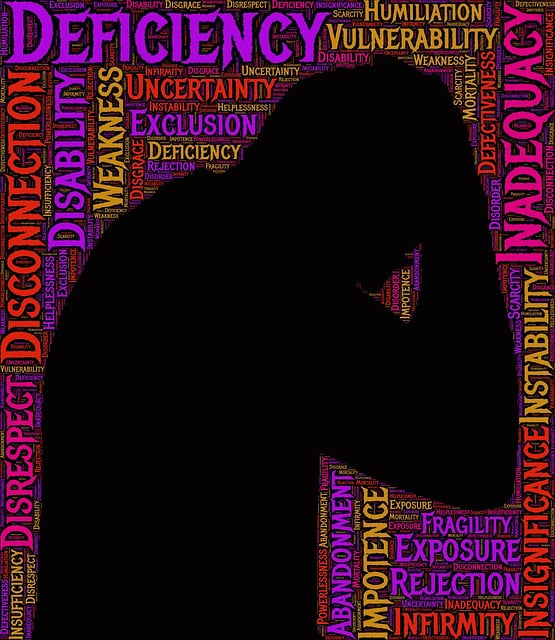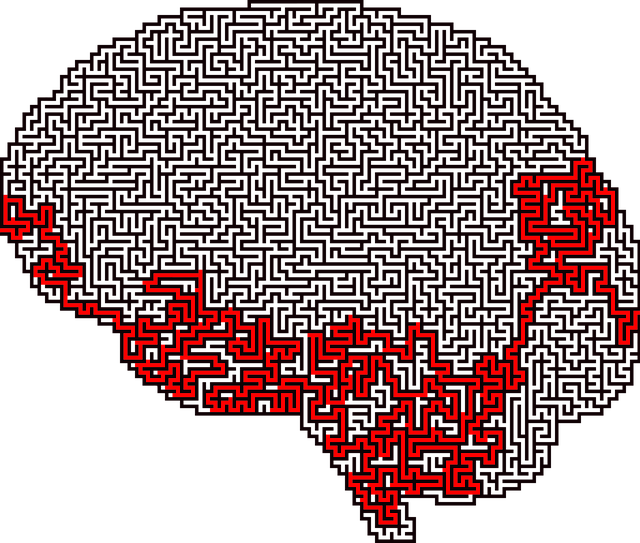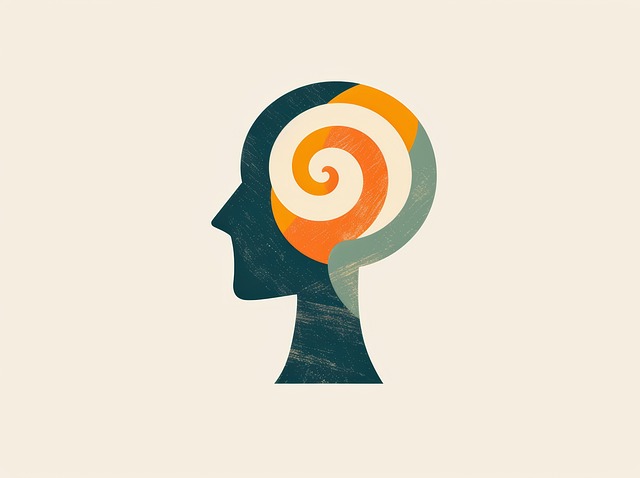Emotional intelligence (EI) is a powerful tool for managing Lafayette Panic Disorder and Anxiety Attacks, focusing on recognizing, understanding, and regulating emotions through therapy. Cognitive-behavioral therapy (CBT) and mindfulness-based interventions help individuals cope with anxiety disorders by improving EQ. Community outreach programs encouraging open dialogue and self-care routines provide long-term support networks. Personal strategies like mindfulness meditation and crisis intervention training enhance emotional awareness and control, fostering healthier environments for emotional well-being.
Emotional intelligence (EI) is a powerful tool for navigating life’s challenges, especially in managing conditions like Lafayette Panic Disorder and anxiety attacks. This article explores the profound impact of EI on mental health and provides insights into effective strategies for its development. We delve into the role therapy plays in enhancing emotional awareness and regulation, specifically tailored for Lafayette Panic Disorder management. Discover practical tips to cultivate a more resilient and balanced life at home and work.
- Understanding Emotional Intelligence and Its Impact on Mental Health
- The Role of Therapy in Developing Emotional Intelligence for Lafayette Panic Disorder Management
- Practical Strategies to Enhance Emotional Awareness and Regulation at Home and Work
Understanding Emotional Intelligence and Its Impact on Mental Health

Emotional intelligence (EI) refers to an individual’s ability to recognize, understand, and manage their own emotions, as well as recognize, understand, and influence the emotions of others. This skill set goes beyond mere empathy; it involves using self-awareness and social awareness to navigate relationships and make thoughtful decisions. For individuals struggling with conditions like Lafayette Panic Disorder and Anxiety Attacks, developing emotional intelligence can significantly impact mental health.
By enhancing EI through therapy and coping skills development, individuals can better regulate their emotions during stressful situations. This, in turn, promotes resilience against anxiety disorders. Additionally, community outreach program implementation can foster a support network that encourages open dialogue about mental health challenges. Incorporating self-care routine development for better mental health into these programs ensures that participants learn not only to cope with emotional distress but also to maintain long-term well-being.
The Role of Therapy in Developing Emotional Intelligence for Lafayette Panic Disorder Management

For individuals struggling with Lafayette Panic Disorder and frequent anxiety attacks, therapy plays a pivotal role in enhancing emotional intelligence (EQ). Through specialized therapeutic approaches, such as cognitive-behavioral therapy (CBT) or mindfulness-based interventions, patients can learn to recognize and manage their emotional responses effectively. Therapy provides a safe space to explore the root causes of panic disorder, offering valuable insights into triggers and coping mechanisms. By fostering self-awareness, individuals gain the ability to identify stress reduction methods tailored to their unique needs, thereby improving their overall EQ.
Incorporating positive thinking techniques within therapy is another powerful strategy to build emotional intelligence. Encouraging patients to challenge negative thought patterns and replacing them with more adaptive, realistic perspectives helps in reducing anxiety symptoms. Moreover, cultural sensitivity in mental healthcare practice is essential for personalized care. Therapists skilled in this area can create an inclusive environment, considering the individual’s cultural background and beliefs, which further enhances the effectiveness of treatment for Lafayette Panic Disorder and promotes better emotional intelligence development.
Practical Strategies to Enhance Emotional Awareness and Regulation at Home and Work

Building emotional intelligence involves practical strategies that can be implemented both at home and in professional settings. For individuals dealing with Lafayette Panic Disorder and Anxiety Attacks Therapy, cultivating emotional awareness becomes a critical aspect of their healing journey. Start by practicing mindfulness meditation, which helps to calm the mind and body, allowing for better control during anxiety-inducing situations. Regularly engaging in mindfulness can enhance your ability to recognize and manage emotions effectively.
At work, incorporating crisis intervention guidance into your routine can make a significant difference. This involves learning to identify signs of distress in colleagues and providing support or directing them towards appropriate resources. Additionally, burnout prevention strategies for healthcare providers are valuable tools; practicing self-care and setting boundaries can improve emotional regulation and overall well-being. These approaches contribute to creating healthier environments where individuals feel empowered to manage their emotions and seek help when needed.
Emotional intelligence, a powerful tool for managing mental health, especially in cases like Lafayette Panic Disorder and anxiety attacks, can be cultivated through understanding its basics and employing effective strategies. Therapy plays a pivotal role in this journey, offering tailored approaches to enhance emotional awareness and regulation. By integrating practical techniques into daily routines at home and work, individuals can significantly improve their emotional intelligence, leading to better mental well-being and enhanced overall quality of life.














